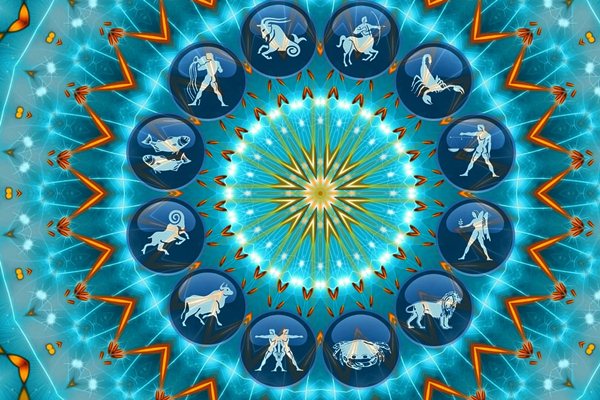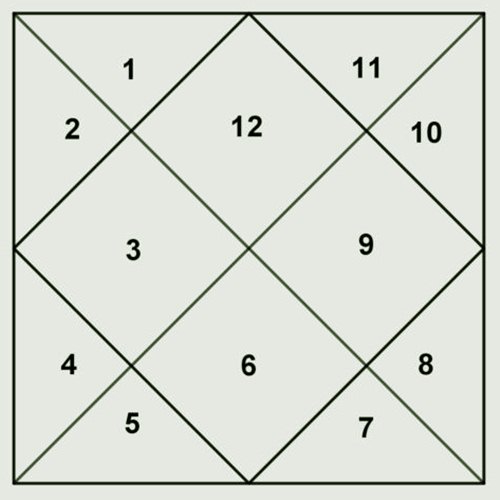
Mahaveer Sanglikar
Senior Numerologist, Graphologist
Phone Number 91 8149703595
Astrology Vs Numerology
You may have come across books or articles about numerology claiming that planets influence numbers. For example, number 1 is said to be influenced by the Sun, number 2 by the Moon, and so on. However, this is a misconception. In reality, planets do not affect numbers, and numerology has no connection with astrology. If you’re serious about learning numerology, it’s essential to keep this distinction clear.
The association between numbers and planets is often promoted by the astrologers who dabble in numerology, as well as by the numerologists influenced by astrology.
Let’s explore how numerology works and why it stands apart from astrology.
How Do Numbers Work?
A number is a mathematical concept expressed in figures, words, or symbols. It is used for counting, calculating, or identifying a position, such as “one million, two million” or “first, second, third, etc.” Numbers are universal, consistent, and objective. They form the foundation of mathematics and are integral to how we measure and understand the world.
Numbers in Numerology
Numbers are much more than symbols for calculation; they represent fundamental truths of the universe. From the number of stars in the galaxy to the time measured in seconds, numbers are everywhere and form the building blocks of reality.
Numbers have unique vibrations that influence people in various ways. In numerology, an individual’s most significant numbers are called Core Numbers (Learn more about it at Core Numbers in Numerology), derived from their date of birth and full name. These numbers shape a person’s behavior, thought patterns, reactions, strengths, and challenges.
Apart from these core numbers, external numbers, such as house numbers, vehicle numbers, phone numbers, or even a partner’s core numbers, also have their vibrations, subtly influencing various aspects of life.
Unlike planets, which are millions of kilometers away, these numbers are directly tied to a person’s life. This makes it illogical to claim that planets influence numbers—or even human lives. Instead, it’s the numbers themselves that leave an impact.
Numbers Rule the Universe
The Greek philosopher Pythagoras, one of history’s greatest mathematicians and mystics, famously said:
“Numbers rule the universe.”
His words highlight the universal importance of numbers. Everything around us, from the vastness of galaxies to the structure of atoms, is connected to numbers. We measure distances, weights, and time in numbers. Books have numbered pages, and years are divided into months, weeks, days, hours, minutes, and seconds—all based on numbers.
Numbers are everywhere, influencing every aspect of life and the universe. Unlike the speculative associations of astrology, numerology taps into this fundamental truth, offering insights based on the power of numbers.
Unlike planets, which are millions of kilometers away, these numbers are directly tied to a person’s life. Their date of birth is a number, and their name is also a number, as the name has a numerical value.
This makes it illogical to claim that planets influence numbers—or even human lives. Instead, it’s the numbers themselves that leave an impact.
Astrology vs. Numerology
Astrology vs. Numerology: The Myth of Planetary Influence
Astrologers often assign planets to numbers based on their importance rather than any logical or scientific order. For instance:
The Sun is assigned number 1 because astrologers view the Sun as the most significant planet (?).
The Moon gets number 2 for being next in importance for the Earth.
But let’s get scientific. The Sun is a star, not a planet, and the Moon is a satellite of Earth.
Additionally, astrologers consider Rahu and Ketu (imaginary points in the sky) planets while excluding actual planets like Earth, Uranus, and Neptune.
Astrology’s approach to planets is inconsistent and unscientific. Depending on the system—Eastern or Western—the number of planets in astrology can range from 7 to 11, whereas numerology works with a clear set of 9 basic numbers. This makes the planet-number association in astrology both arbitrary and flawed.
Furthermore, ancient astrologers often regarded planets as deities or mystical entities rather than as celestial objects governed by the laws of physics. This perception is completely contrary to modern scientific understanding.
Astrology is Dependent on Numbers

While numerology operates independently of astrology, astrology relies heavily on numbers. Astrological calculations are based on the date of births, which are nothing but numbers.
Horoscopes use numbers for calculations, such as 12 zodiac signs, 27 asterisms, and 12 houses. Even planets, though inconsistently defined, are associated with numerical traits.
Astrologers use these numbers extensively to create charts and predict events. The importance of calculations in astrology shows that numbers are integral to its practice. This reliance on numbers means astrology cannot exist without them.
In this sense, astrology can be seen as a subset of numerology since it depends on numbers at its core.
Numerology focuses purely on the vibrations and influence of numbers.
Astrology vs. Numerology

Numerology Articles You May Like to Read …
Is Numerology Scientific? Does Numerology Work?
6 Must Know Facts About Numerology
Top Ten Benefits and Uses of Numerology
Chaldean V/s Pythagorean Numerology
Join my Numerology & Graphology Telegram Channel


